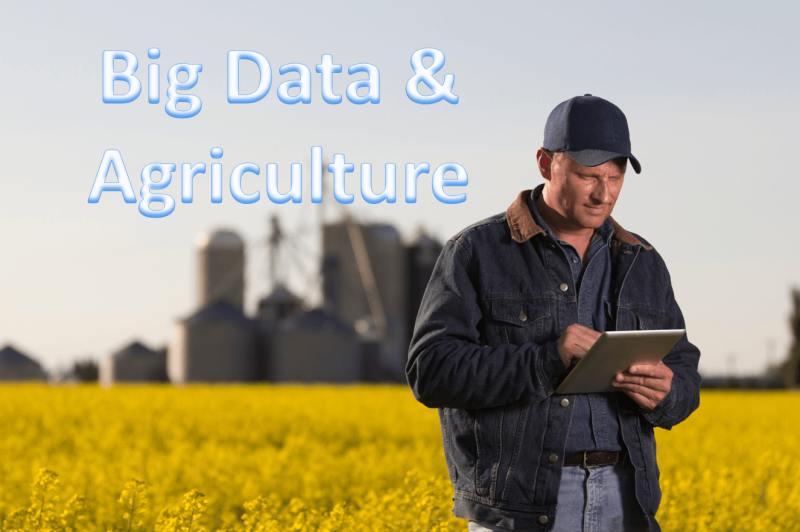David Friedberg, CEO of The Climate Corporation, expected pushback when he decided to sell his San Francisco-based big data company to Monsanto. He was surprised, though, when some of the loudest criticism came from his own father.
Lionel Friedberg – a Los Angeles filmmaker whose 1989 documentary, Crisis in the Atmosphere, was one of the first films to highlight the problem of global warming – reacted to the news by berating his son. “Monsanto? The most evil company in the world?” Friedberg recalled his father saying. “I thought you were trying to make the world a better place!”
As Friedberg the younger wrote in an email to Climate Corp employees after the 2013 sale, being chastised by his own dad “was really hard”. But he’s nothing if not a believer in facts, and so he marshaled enough evidence to persuade his father that the $930 million sale to Monsanto was not just good for his business, but good for the planet. His email is worth reading, particularly if, like Friedberg’s dad, you’re a critic of Monsanto.
Now Friedberg and his colleagues need to persuade the world’s farmers that Climate Corp will help them save money, improve yields, adapt to climate change and improve the environment. And if the company manages to turn around a few more Monsanto critics, that would be a bonus.
Founded in 2006, Climate Corp is a leading player in the fast-growing business of precision agriculture. Using a data-driven approach, it seeks the most efficient use of fertilizer, seed, pesticides, land and water. It’s the next big idea in farming, Friedberg claimed when we met at his office in San Francisco. He compared the approach to the industrialization of agriculture, the green revolution and modern plant breeding.
Read full, original article: Can Monsanto’s big data play really help farmers and the environment?































